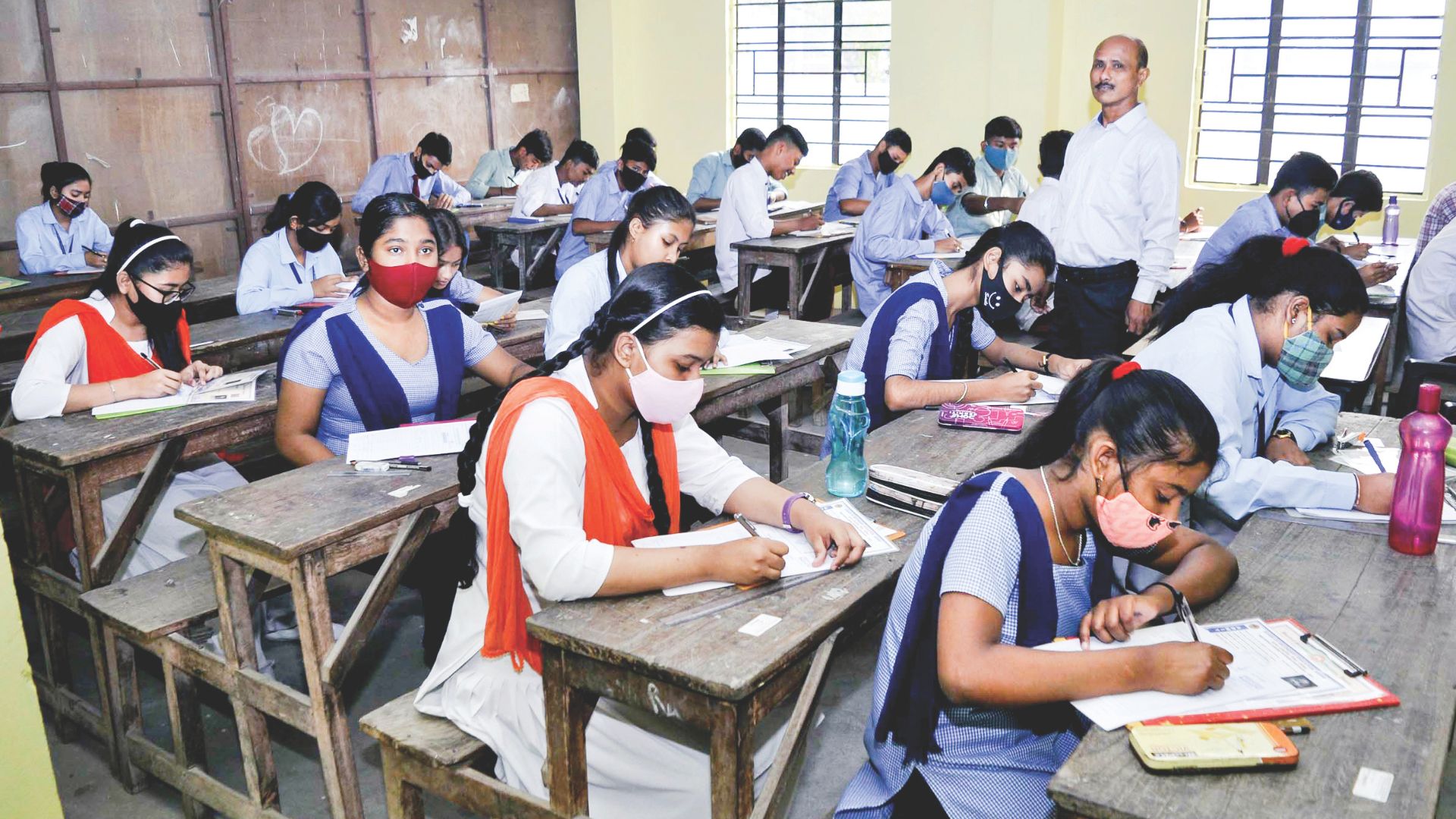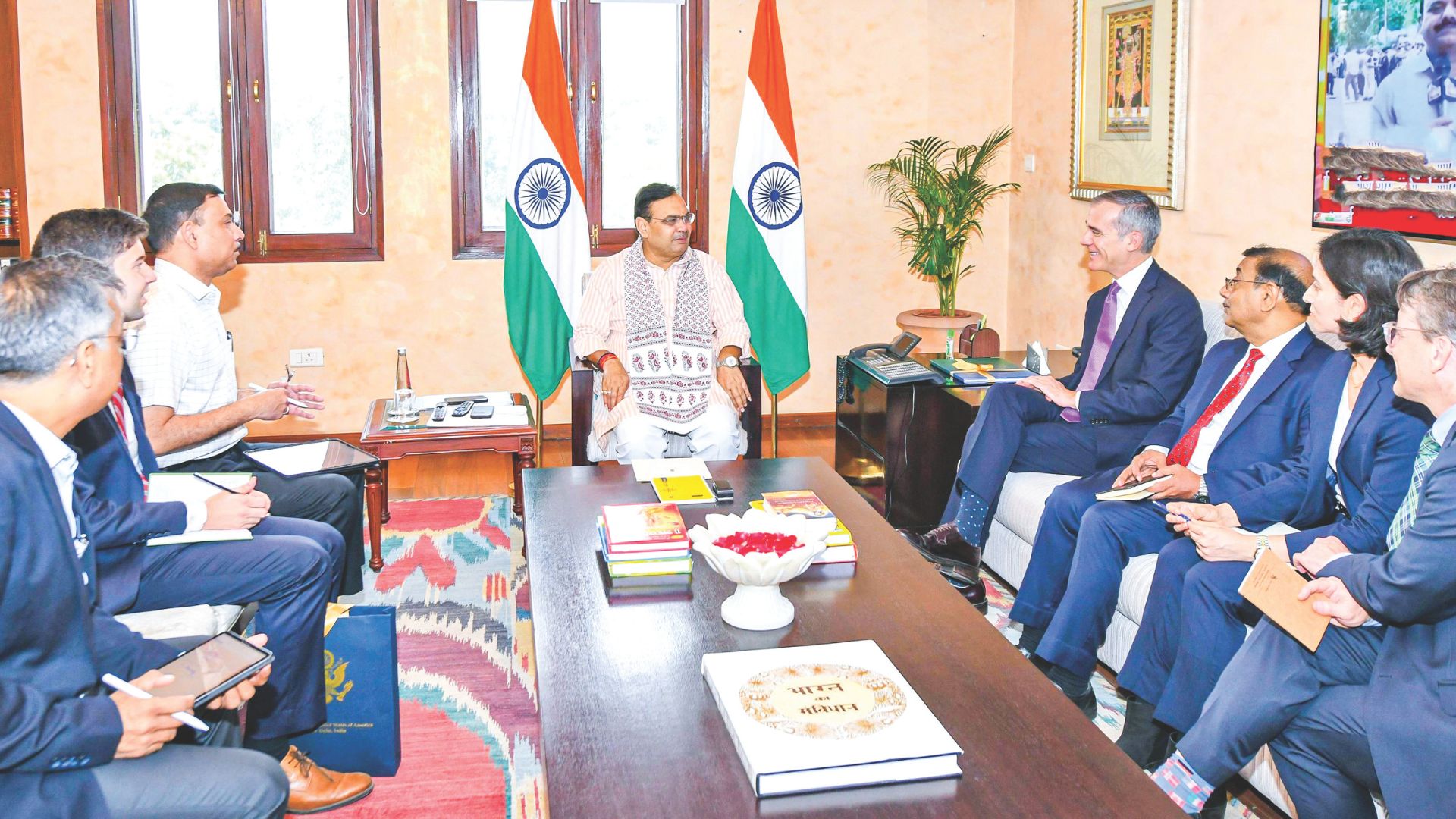
As we observe World Population Day, it is crucial to recognize the significant impact of global population growth on various aspects of our society. This annual event serves as a reminder to address the challenges and opportunities associated with a growing world population. From a health expert’s perspective, it is essential to highlight the implications, trends, and potential solutions related to population growth and its effects on healthcare systems, public health, and individual well-being.
This article aims to shed light on these critical issues and emphasize the importance of a comprehensive approach to ensure a sustainable and healthy future for all.
Understanding the
Numbers
According to the United Nations, the world’s population currently stands at approximately 7.9 billion people. While population growth rates have slowed in some regions, many countries continue to experience significant increases in population size. The implications of this growth are far-reaching and demand attention from health experts globally. As the population expands, healthcare systems face mounting pressure to provide quality care, ensure access to essential services, and address emerging health challenges effectively.
Challenges and
Opportunities
The rapid growth of the world population poses several challenges for health experts. Firstly, it strains healthcare infrastructure, making it harder to meet the rising demand for services, especially in low-income countries. Limited resources, including healthcare professionals, facilities, and funding, can lead to inadequate healthcare delivery and compromised outcomes.
Secondly, population growth can exacerbate existing health issues and create new ones. Infectious diseases, non-communicable diseases, and mental health disorders are all influenced by population dynamics. Health experts must tackle the complexities associated with these conditions, implement prevention strategies, and ensure equitable access to healthcare.
Furthermore, the social and economic implications of population growth cannot be ignored. Rapid urbanization, poverty, inequality, and environmental degradation are intertwined with population dynamics. Health experts need to collaborate with policymakers and stakeholders to address these broader determinants of health and work towards creating sustainable and healthy environments for all.
A Comprehensive
Approach
To effectively address the challenges posed by population growth, health experts must adopt a comprehensive approach that encompasses various strategies. This includes:
1. Strengthening Healthcare Systems: Investment in healthcare infrastructure, training healthcare professionals, and optimizing healthcare delivery models are crucial steps in meeting the healthcare needs of a growing population.
2. Focusing on Preventive Healthcare: Prioritizing preventive measures such as immunizations, health education, and early detection programs can reduce the burden of diseases and promote healthier populations.
3. Promoting Sexual and Reproductive Health: Ensuring access to quality reproductive healthcare services, family planning, and education empowers individuals and enables them to make informed choices about their reproductive health.
4. Collaborating for Sustainable Development: Health experts must actively engage with policymakers, international organizations, and civil society to address the social, economic, and environmental determinants of health, promoting sustainable development at all levels.
As we mark World Population Day, health experts play a crucial role in addressing the challenges posed by global population growth. By recognizing the implications, identifying opportunities, and adopting a comprehensive approach, we can work towards achieving a future where the health and well-being of individuals and communities are protected, regardless of population size. It is time to leverage expertise, innovation, and collaboration to ensure a sustainable and healthy world for generations to come.
The author is a Sr. Consultant & Medical Head of Emergency at Cygnus Laxmi Hospital.















